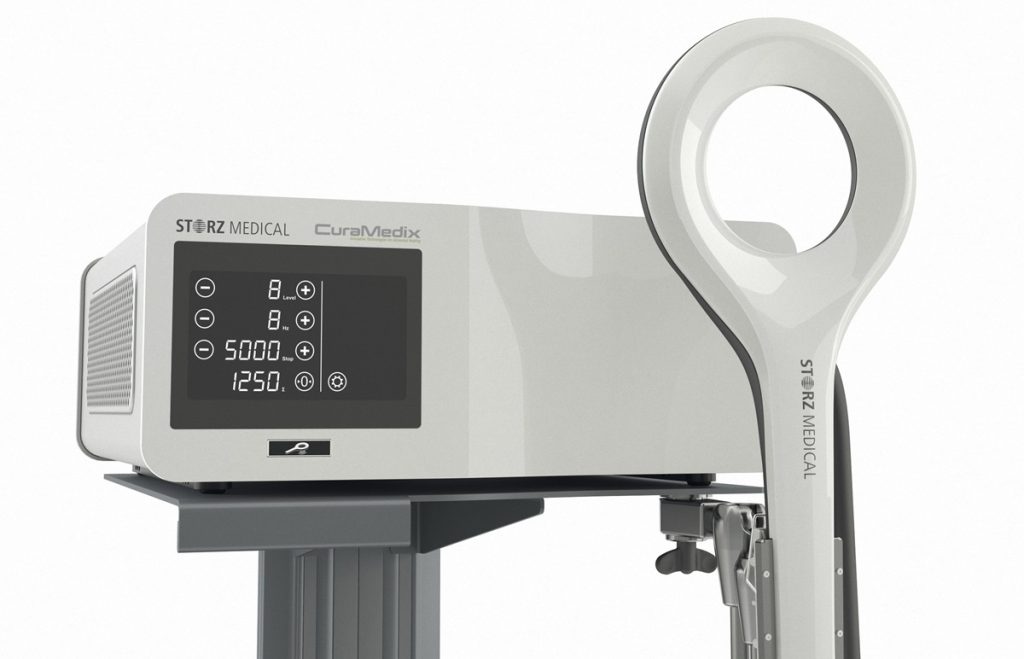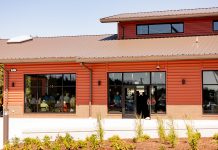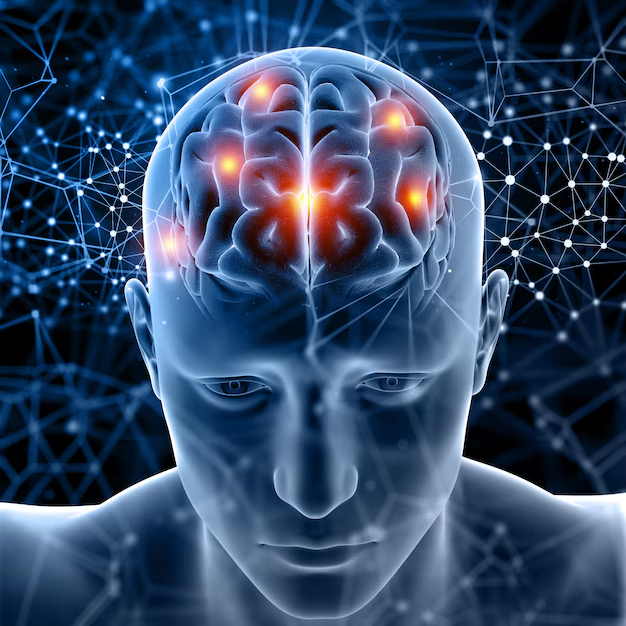Submitted by Dr. Jennifer Penrose of Penrose & Associates Physical Therapy
Chronic pain is a widespread issue among older adults, affecting their quality of life, mobility, and mental health. However, recent research has uncovered a deeper concern: seniors who experience chronic pain are at a higher risk of cognitive decline. Studies suggest that persistent pain may accelerate brain aging, impair memory, and contribute to conditions like dementia and Alzheimer’s disease. Understanding this connection is crucial for improving both pain management and cognitive health in aging populations. Penrose Physical Therapy is dedicated to helping our community age well and has dedicated time, training, and resources to bring Regenerative Medicine options to help with pain and mobility that are non invasive, more effective than PRP and Stem Cell, and more affordable.
The Science Behind Chronic Pain and Cognitive Decline
Several studies have investigated the relationship between chronic pain and cognitive impairment in older adults. A study published in JAMA Internal Medicine found that seniors with persistent pain experienced a 9% faster decline in memory and cognitive function compared to those without chronic pain. Another study in the journal Neurologyreported that chronic pain was associated with an increased risk of dementia over a 10-year period. This concerns me as I deal with seniors in pain on a frequent basis at Penrose Physical Therapy.
How Chronic Pain Affects the Brain
Chronic pain affects cognitive function through multiple mechanisms:
- Increased Brain Atrophy: Neuroimaging studies show that chronic pain is linked to shrinkage in key brain regions, including the hippocampus, which plays a vital role in memory and learning.
- Disrupted Neural Networks: Chronic pain alters the way different brain regions communicate, leading to cognitive impairments in attention, processing speed, and decision-making.
- Elevated Stress and Inflammation: Long-term pain increases stress hormones and inflammatory markers in the body, both of which contribute to cognitive decline and neurodegenerative diseases.
- Sleep Disruptions: Many seniors with chronic pain struggle with poor sleep, which further accelerates cognitive aging and impairs brain function.
The Impact on Daily Life
For seniors, the cognitive effects of chronic pain can lead to difficulties in everyday activities such as managing medications, remembering appointments, and maintaining social connections. These challenges can increase the risk of depression, isolation, and reduced independence, creating a cycle of declining health.

Strategies to Mitigate Cognitive Decline in Seniors with Chronic Pain
- Comprehensive Pain Management: Treating chronic pain effectively through physical therapy, medications, and alternative therapies like dry needling, shockwave, or Extracorporeal Magnetotransduction Therapy (EMTT) or massage can help preserve cognitive function. Penrose Physical Therapy has dry needling, shockwave and EMTT. EMTT is a cutting-edge technology that uses high-energy magnetic pulses to penetrate deep into tissues, promoting cellular regeneration and reducing inflammation. The therapy stimulates biological processes at the cellular level, enhancing the body’s natural healing mechanisms. In simple terms it helps decrease inflammation and pain in a very effective short manner. Usually two times a week for four weeks and the pain can go from a 10/10 to 0/10. Pre-EMTT x-rays show bone edema and after EMTT treatments no bone edema. This is very helpful as EMTT can penetrate deeply – 7 inches – so it can effectively treat the swelling in joints.
Shockwave Therapy (ESWT)
Shockwave Therapy, or Extracorporeal Shockwave Therapy (ESWT), involves the application of acoustic waves to affected tissues. These waves trigger a cascade of biological responses that promote tissue regeneration, improve blood circulation, and reduce pain. Shockwave therapy is widely used for treating chronic pain conditions like tendonitis, plantar fasciitis, and arthritis. Both EMTT and Shockwave Therapy help alleviate pain by reducing inflammation and promoting the release of pain-relieving substances in the body. This allows patients to experience significant relief without relying on pain medications. EMTT and Shockwave Therapy are non-invasive and do not require anesthesia. This makes them ideal options for patients seeking natural and safe alternatives. By targeting the root causes of arthritis-related stiffness, these therapies enhance flexibility and movement. EMTT improves the hydration of cartilage, while Shockwave Therapy stimulates tissue repair, leading to improved joint function.
Besides pain management there are other activities seniors should be doing to help with the link between pain and cognitive decline:
- Mental Stimulation: Engaging in activities such as reading, puzzles, and learning new skills can strengthen cognitive resilience and slow mental decline.
- Regular Exercise: Physical activity has been shown to reduce pain, enhance brain function, and improve mood in older adults. *If it hurts to move then seeing a physical therapist can help design a program with modifications and work towards your goals without increasing your joint pain.
- Healthy Diet: A diet rich in anti-inflammatory foods, such as fruits, vegetables, and omega-3 fatty acids, can support brain health and reduce pain-related inflammation. Our eat for joint health program has been a huge success. Usually within the first 2 weeks people notice their joints don’t hurt as much and in 8 weeks the average fat loss is 10 to 15 pounds and often 5% body fat lost.
- Social Engagement: Staying socially active can help seniors maintain cognitive sharpness and emotional well-being. We have a wonderful group that attends our Pilates class for osteopenia/osteoporosis and low back pain.
Conclusion
The connection between chronic pain and cognitive decline highlights the need for integrated healthcare approaches that address both physical and mental well-being in seniors. By recognizing the risks and implementing effective pain and cognitive health strategies, we can enhance the quality of life for aging individuals and reduce their risk of dementia. Future research should continue exploring interventions that mitigate the effects of chronic pain on the brain, ensuring healthier aging for all.
If you have been struggling with pain then please reach out to us for a free consult regarding your pain and what options we have for you. The Penrose Physical Therapy website has free pain reports on different topics or you can call or text 360.456.1444.
If you would like to attend our knee pain workshop on May 15, 2025, at 6 p.m. at Penrose Physical Therapy we will discuss the causes of knee pain and we will go over EMTT and Shockwave options. Please RSVP at info@penrosept.com. On June 4, 2025, at 6 p.m. we will have a seminar on Regenerative Medicine and go into more detail of EMTT and Shockwave and how it is helping multiple painful conditions. RSVP for that event as well – seating is limited.
Penrose Physical Therapy is located at 1445 Galaxy Dr. NE Suite 301 in Lacey. We have won best of South Sound in 2023 #1 and 2024 #2. We look forward to continuing to provide an excellent experience and outcomes.



















































